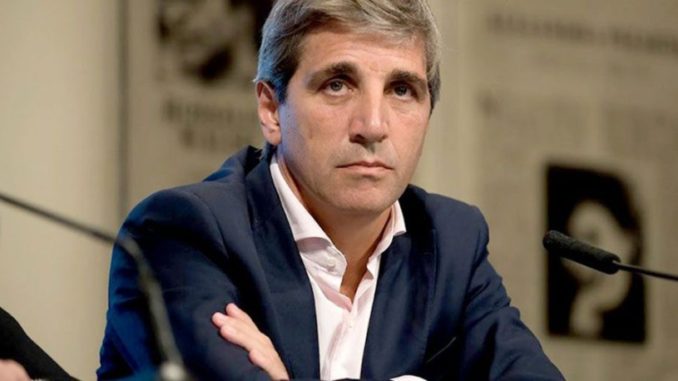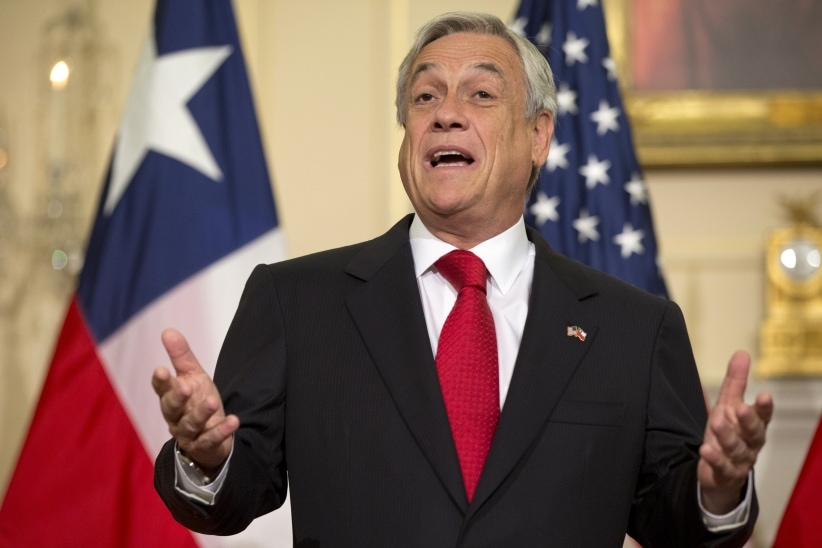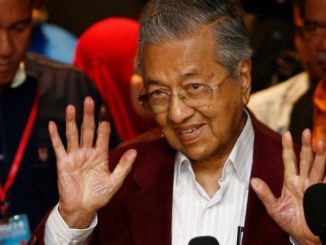
BUENOS AIRES – Argentine president Mauricio Macri has appointed Finance Minister Luis Caputo as president of the central bank, after the outgoing head of the bank resigned and acknowledged having lost credibility.
The surprise shake-up follows several weeks of currency volatility that led Argentina to seek a US$ 50 billion lifeline from the International Monetary Fund, and may help restore trust in the central bank as the government seeks to calm markets.
Under its outgoing president Federico Sturzenegger, the central bank had been criticized for lowering interest rates in January despite high inflation. It later raised rates to 40%, the highest in the world, to support the peso.
As part of the move, the finance ministry will be combined with the treasury ministry again, Macri’s government said in a statement. The two separate ministries had been created by Macri less than two years ago.
Caputo worked for JPMorgan for more than a decade before joining Macri’s government, and helped negotiate a deal with holders of the country’s defaulted bonds in 2016.
“All in all, this should be a positive move,” Neil Shearing, chief emerging markets economist for Capital Economics, said in a note. “But only if Mr. Caputo can articulate a coherent policy to markets and then stick to his guns.” Shearing said he expected the central bank to let the peso float under Caputo.
Last week, Sturzenegger suggested the central bank would stop intervening in the local spot market, but then it sold more than US$ 500 million on Tuesday and Wednesday before letting the peso slide 6.22% to a record low on Thursday.
Earlier on Thursday, Argentina outlined plans that included making the central bank independent in a letter of intent to the IMF that was signed by Sturzenegger and Treasury Minister Nicolas Dujovne.
In his letter of resignation Sturzenegger thanked president Macri for the privilege of having been part of the government team, but admitted having lost credibility. He was also responsible for issuing central bank short term debt to a record sum of a trillion Pesos, to help finance the national budget, but which demanded increasing interest rate to avoid an overall dumping of the debt. IMF strongly recommended the defusing of this financial instrument.–MercoPress



